
Description
The National Water Resources Management System (SINGREH) is responsible for implementing the Brazilian Water Resources Policy, being composed of entities at the federal and state levels, in addition to the river basin committees.
Instituted by the Water Law (Law no. 9.433/97), SINGREH's main role is to manage water uses in a democratic and participatory manner. In addition, the main objectives of the System are to:
• Coordinate integrated water management;
• Arbitrate administratively on conflicts related to water resources;
• Plan, regulate and control the use, as well as the recovery of water bodies;
• Promote charging for water use.
Criteria 9/11
- ACCESSIBILITY
- ALIGNMENT WITH SDG 1,3,4,6 AND/OR 11
- RACE AND GENDER ISSUES
- ATTENTION TO CHILDREN AND ADOLESCENTS
- LOW COST
- SOCIAL DIFFUSION
- ADMINISTRATIVE EFFICIENCY
- ADHERENCE AND CONTINUITY AT LOCAL LEVEL
- WASH INITIATIVE
- CLIMATE RESILIENCE
- SUSTAINABILITY
SINGREH is composed of the National Council of Water Resources (CNRH, acronym in Portuguese), the Secretariat of Water Resources and Environmental Quality (SRQA, acronym in Portuguese), the Brazilian Water and Sanitation Agency, the State Councils of Water Resources (CERH, acronym in Portuguese), the State Water Resources Management Bodies (State Entities), the River Basin Committees and the Water Agencies.
The system is directly related to the municipal and state departments working in the water resources management sector. Other institutions at the federal level that relate to this policy are: the National Health Foundation (FUNASA/MS); Secretariat for Indigenous Health (SESAI/MS, Secretariat for Health Surveillance (SVS); National Secretariat for Water Security (SNSH).
Managers at the federal, state and municipal levels, in addition to the river basin committees.
National
Since 1997
The institutional arrangement of the National Water Resources Management System (SINGREH) establishes participatory forms of water management. Decision-making bodies were created, comprising representatives from civil society, water users, and public authorities. These bodies make collective, negotiated decisions, incorporating each representative's perspective and experience on water use.
The decision-making bodies are responsible for formulating water resource policies and overseeing the actions of public agencies through social accountability.
The participation of river basin committees brings water resource management closer to the territorial needs of river basins, addressing their social, environmental, economic, and climatic specificities.
All data related to Water Resources Management in Brazil are monitored by the National Water Resources Information System (SNIRH) operated by the National Water and Sanitation Agency (ANA).